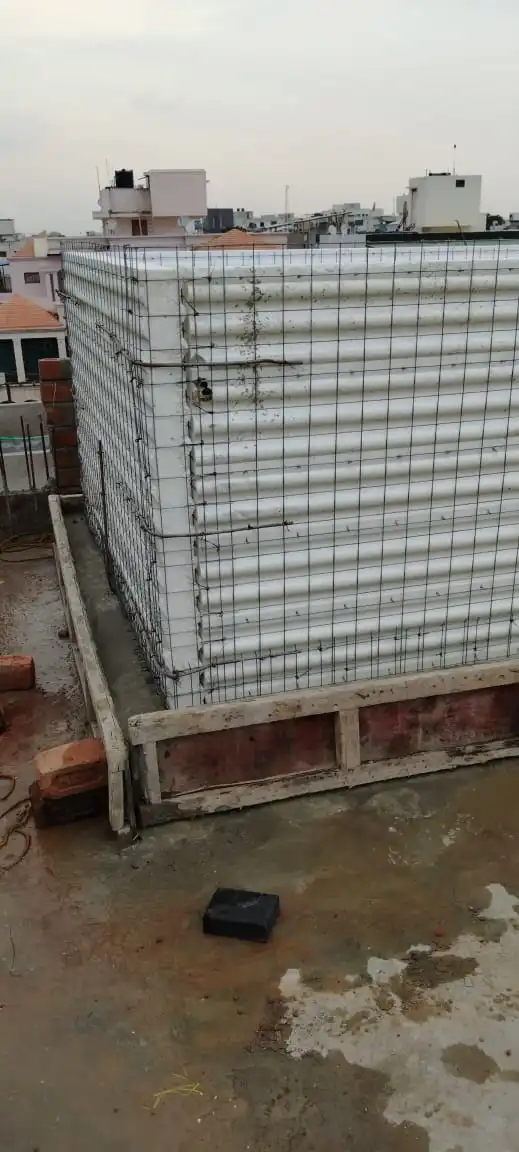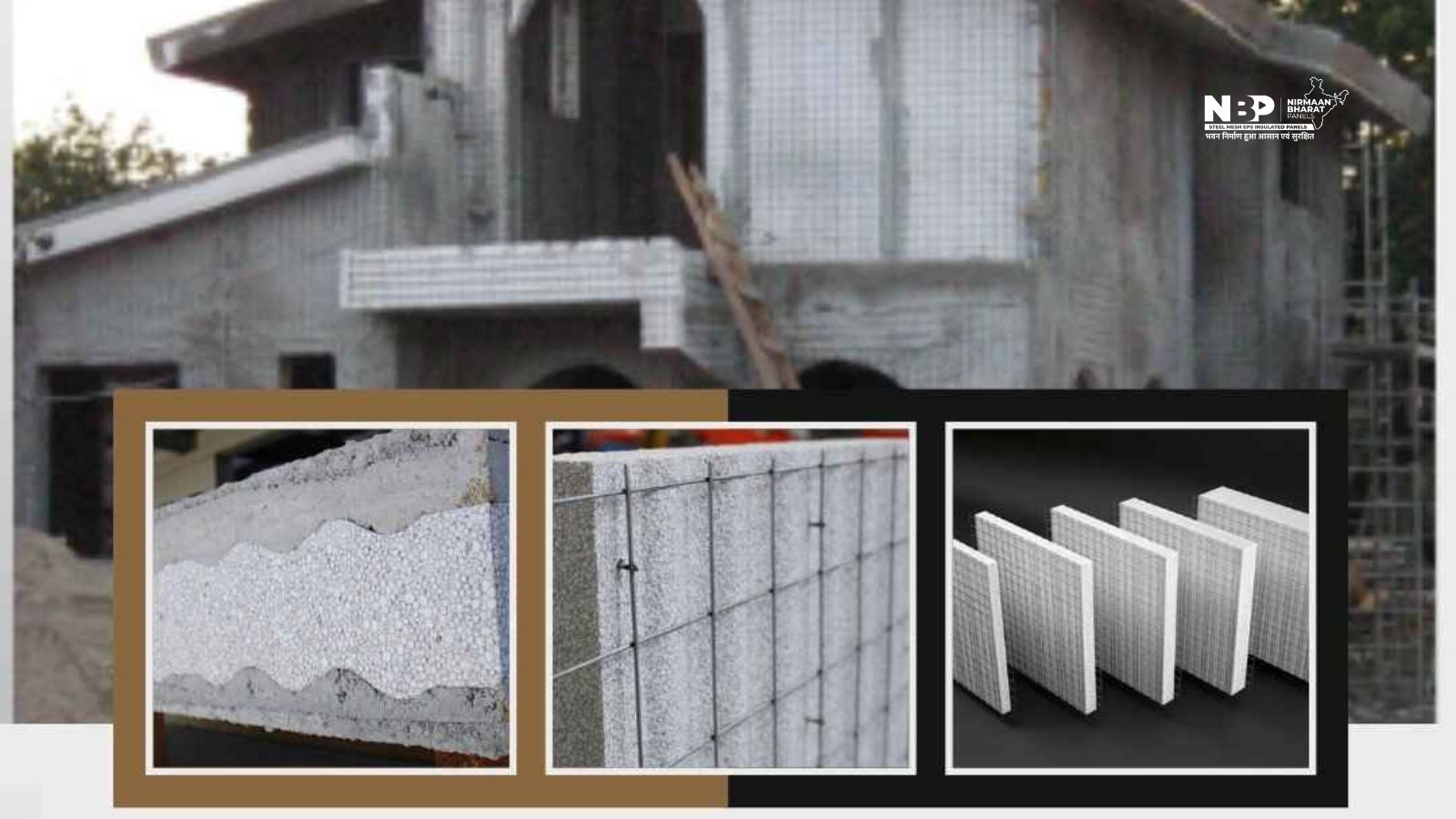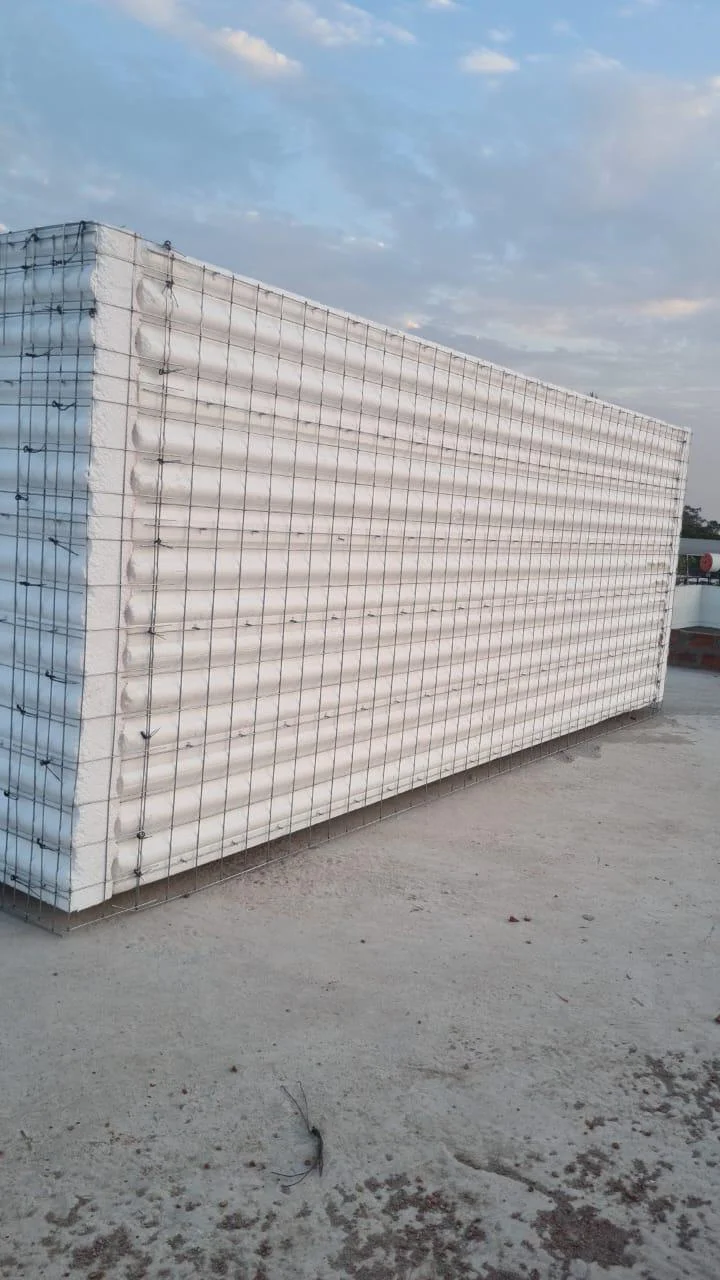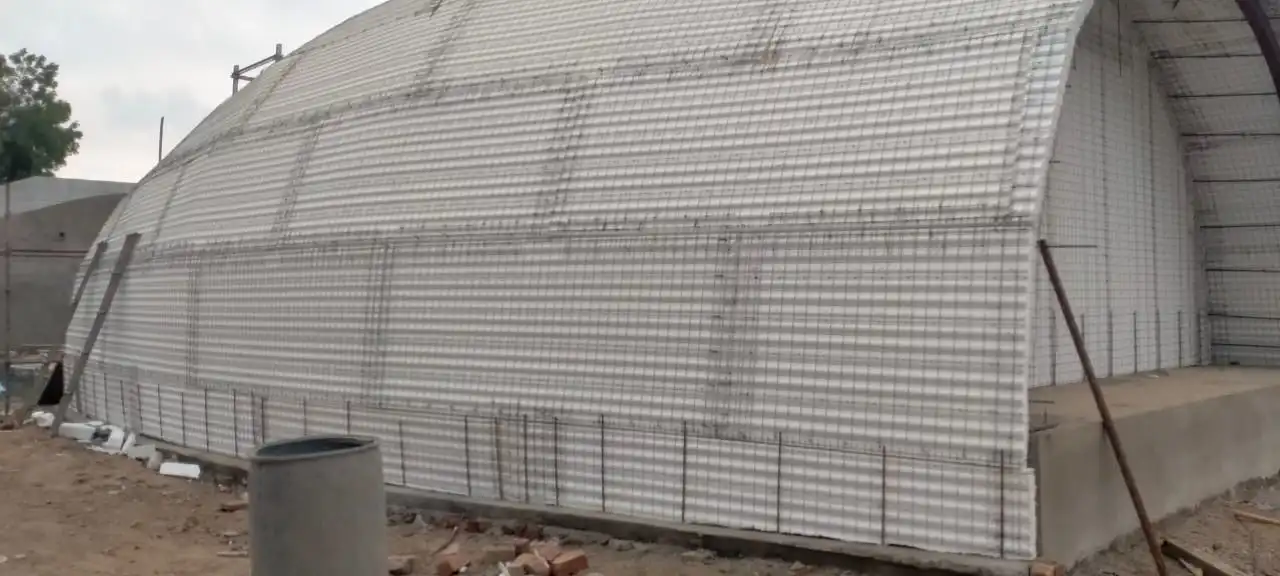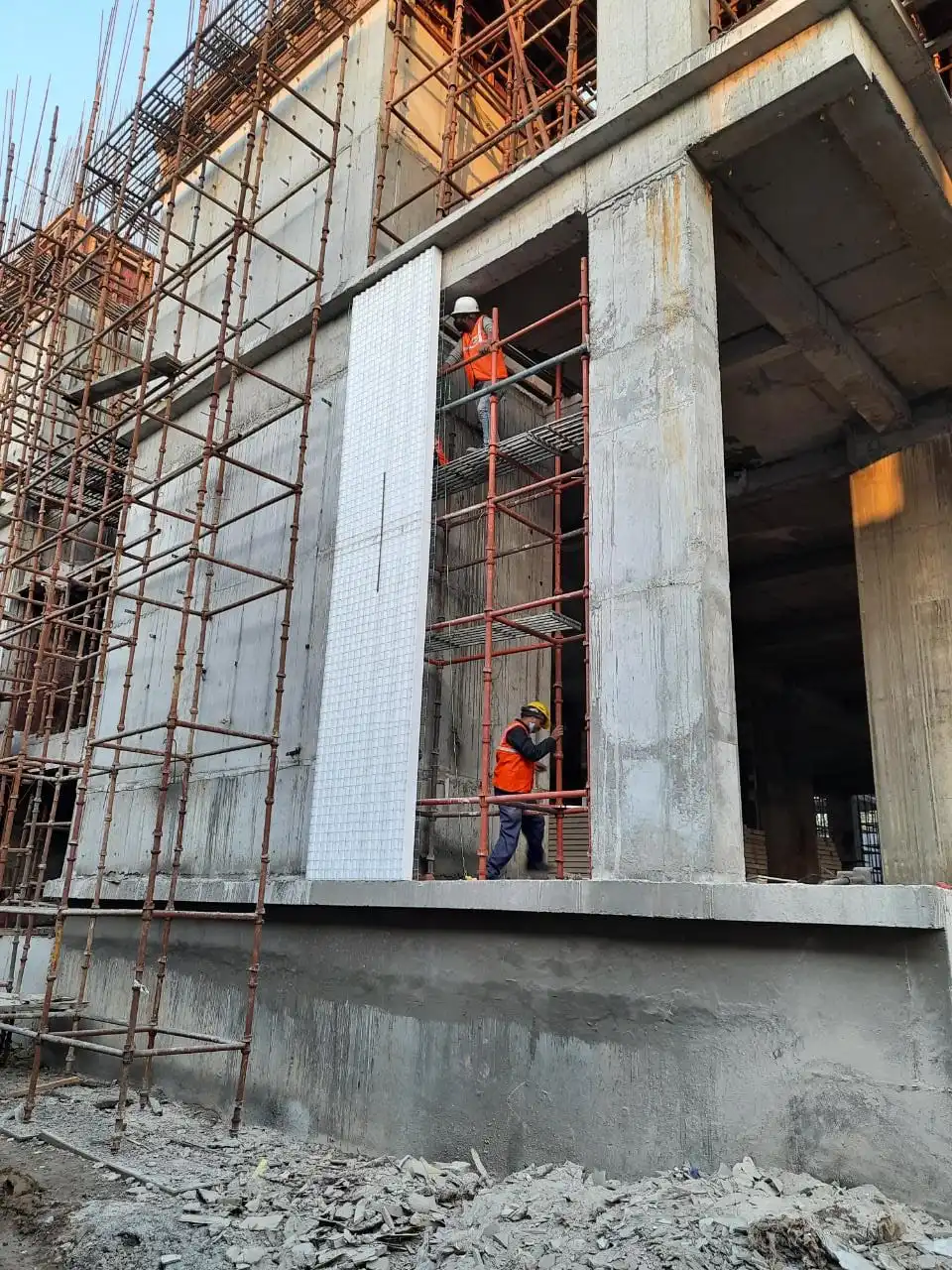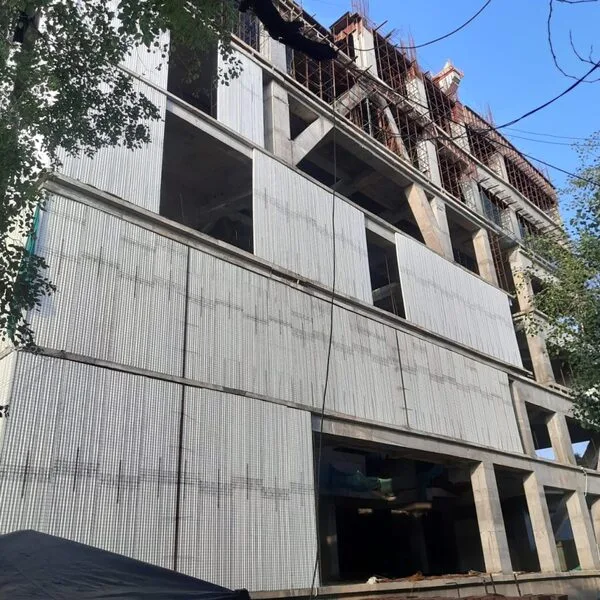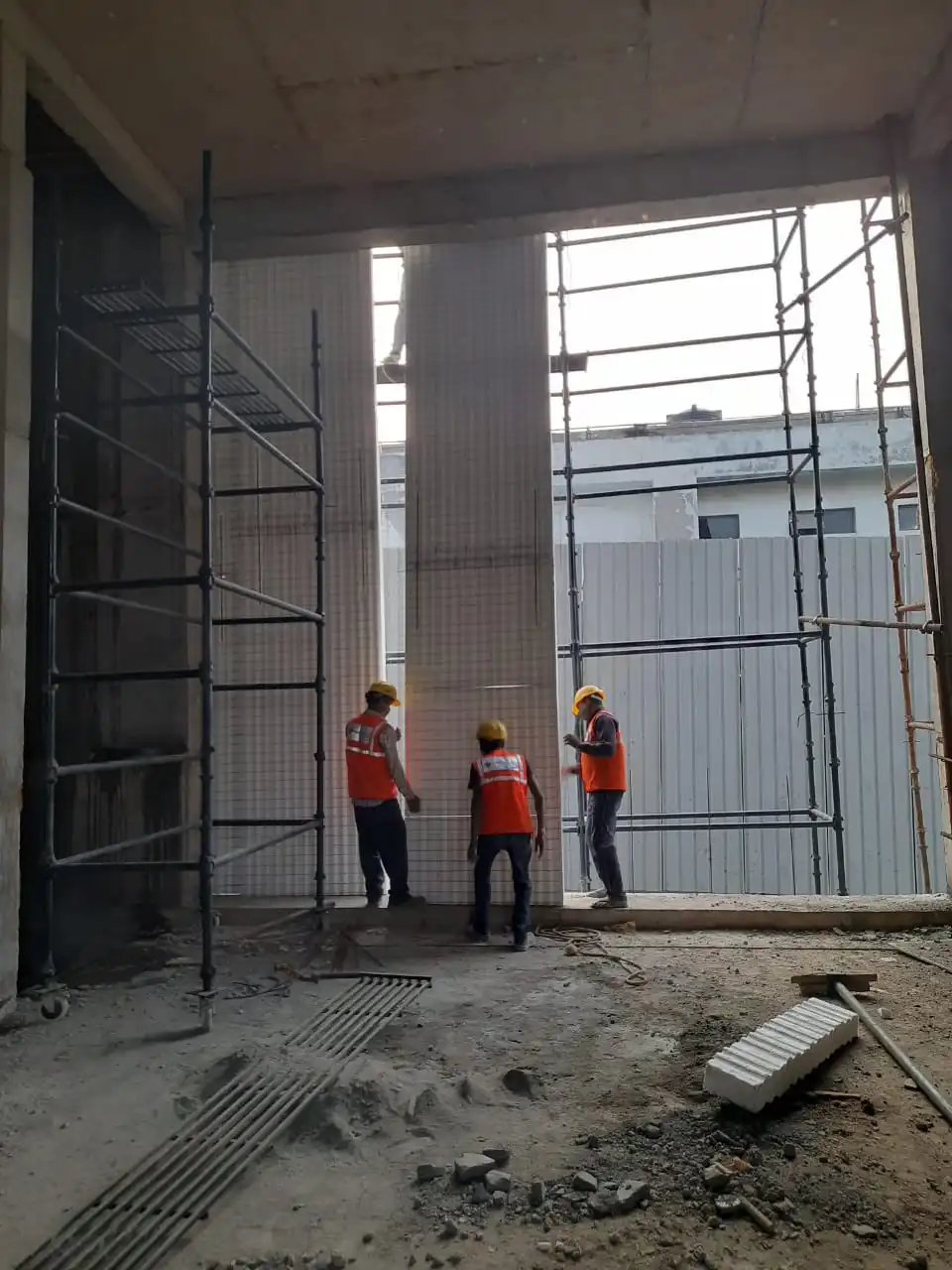The construction industry continuously seeks innovative materials and methods to improve the quality, efficiency, and sustainability of building projects. In 2024, Expanded Polystyrene (EPS) panels have emerged as a game-changing material, offering numerous advantages that enhance structural integrity. This blog explores the benefits of EPS panel construction and why it’s becoming the go-to choice for builders and developers.
Understanding EPS Panels
Expanded Polystyrene (EPS) panels are made from a lightweight, rigid foam material known for its excellent thermal insulation properties. EPS panels consist of a polystyrene core sandwiched between two layers of reinforcing materials such as steel or cement board. This composition makes them incredibly durable and versatile, suitable for various construction applications, including walls, roofs, and floors.
Superior Thermal Insulation
One of the most significant advantages of EPS panels is their exceptional thermal insulation capability. The polystyrene core effectively reduces heat transfer, maintaining comfortable indoor temperatures regardless of external weather conditions. This feature is particularly valuable in extreme climates, where maintaining consistent temperatures can be challenging and costly. By using EPS panels, buildings can achieve significant energy savings, reducing heating and cooling costs and contributing to overall energy efficiency.
Lightweight Yet Strong
Despite their lightweight nature, EPS panels offer remarkable structural strength. The combination of the polystyrene core and reinforcing layers creates a robust material that can withstand substantial loads and stresses. This strength-to-weight ratio is beneficial for construction projects as it simplifies handling and installation, reducing labor costs and construction time. Additionally, the lightweight nature of EPS panels reduces the overall load on the building’s foundation, potentially lowering foundation construction costs.
Quick and Easy Installation
Time is a critical factor in construction projects, and EPS panels offer a significant advantage in this regard. The panels are prefabricated and can be quickly assembled on-site, streamlining the construction process. This rapid installation capability minimizes disruptions and allows projects to be completed faster compared to traditional building methods. Moreover, the ease of handling and fitting EPS panels means that smaller construction teams can accomplish more in less time, further reducing labor costs and project timelines.
Versatility in Design
EPS panels provide architects and builders with immense design flexibility. They can be easily cut, shaped, and customized to meet specific project requirements, allowing for creative and innovative architectural designs. Whether constructing residential homes, commercial buildings, or industrial facilities, EPS panels can be adapted to various structural and aesthetic needs. This versatility makes them an attractive choice for modern construction projects seeking both functionality and visual appeal.
Enhanced Structural Integrity
The reinforcing layers in EPS panels significantly enhance their structural integrity. The outer layers, typically made of steel or cement board, provide additional strength and protection, making the panels resistant to impact, moisture, and fire. This durability ensures that buildings constructed with EPS panels have a longer lifespan and require less maintenance over time. Furthermore, the panels’ ability to withstand environmental stresses contributes to the overall safety and stability of the structure.
Environmental Benefits
Sustainability is a growing concern in the construction industry, and EPS panels offer notable environmental benefits. The production of EPS panels involves fewer raw materials and energy compared to traditional construction materials. Additionally, EPS panels are recyclable, reducing construction waste and environmental impact. The energy efficiency provided by EPS panels also contributes to lower carbon emissions, aligning with global efforts to combat climate change. Builders and developers opting for EPS panels demonstrate a commitment to eco-friendly practices and sustainable building solutions.
Cost Efficiency
Cost is always a crucial consideration in construction projects. EPS panels provide a cost-effective solution due to their combination of durability, insulation properties, and ease of installation. The initial investment in EPS panels is often offset by the savings in energy costs, reduced labor expenses, and lower maintenance requirements over the building’s lifespan. Additionally, the lightweight nature of EPS panels can reduce transportation costs, further contributing to overall project savings.
Resistance to Pests and Mold
Traditional building materials can be susceptible to pests and mold, leading to structural damage and health concerns. EPS panels offer a high resistance to both pests and mold, ensuring a healthier and more durable building environment. The panels’ non-organic composition prevents mold growth, while their solid structure deters pests from causing damage. This resistance is particularly valuable in regions prone to humidity and pest infestations, enhancing the longevity and safety of the building.
Acoustic Insulation
In addition to thermal insulation, EPS panels provide excellent acoustic insulation. The polystyrene core absorbs sound waves, reducing noise transmission between rooms and from external sources. This acoustic benefit is particularly advantageous in residential buildings, offices, and schools, where a quiet and comfortable environment is essential. By incorporating EPS panels, builders can enhance the acoustic performance of the structure, contributing to better occupant satisfaction and productivity.
Conclusion
As the construction industry evolves, materials that offer superior performance, cost efficiency, and sustainability become increasingly valuable. In 2024, EPS panels stand out as a leading choice for enhancing structural integrity in various building projects. Their exceptional thermal and acoustic insulation, lightweight strength, quick installation, design versatility, and environmental benefits make them an attractive option for modern construction needs. By choosing EPS panels, builders and developers can achieve high-quality, durable, and energy-efficient structures that meet the demands of today’s construction landscape.
Investing in EPS panel construction is not just a decision for the present but a commitment to a sustainable and efficient future in the building industry.
FAQ’s
Q1 – What are EPS panels and why are they important?
Answer – EPS panels are made from expanded polystyrene with reinforcing layers like steel or cement board. They offer excellent insulation, structural strength, and versatility for various construction applications.
Q2 – How do EPS panels enhance energy efficiency?
Answer – EPS panels provide superior thermal insulation, reducing heat transfer and maintaining stable indoor temperatures. This leads to significant energy savings on heating and cooling costs.
Q3 – What are the benefits of using EPS panels in construction?
Answer – EPS panels are lightweight yet strong, easy to install, versatile in design, and offer excellent thermal and acoustic insulation. They also resist pests and mold, contributing to a healthier building environment.
Q4 – Are EPS panels environmentally friendly?
Answer – Yes, EPS panels are eco-friendly as they use fewer raw materials and energy in production, are recyclable, and contribute to lower carbon emissions through energy efficiency.
Read More – Why EPS Panels Are the Future of Sustainable Construction


